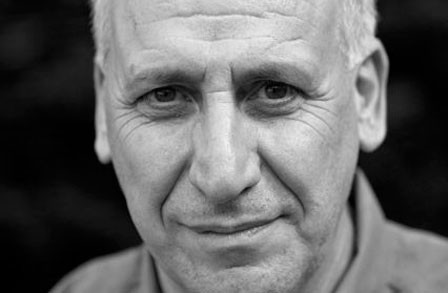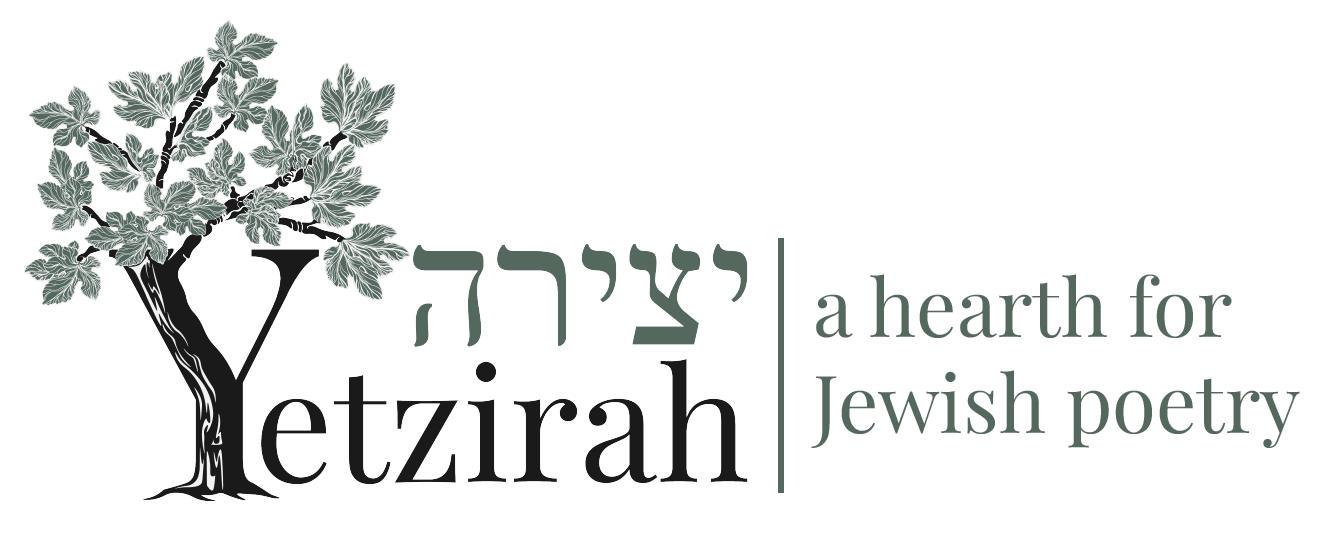
Edward Hirsch
Current City, State, Country
Birth City, State, Country
Biography
Born in 1950 in Chicago, Edward Hirsch was educated at Grinnell College and the University of Pennsylvania, where he earned a PhD in folklore. His first books contain vignettes of urban life and numerous tributes to artists, which, according to David Wojahn in the New York Times Book Review, “begin as troubled meditations on human suffering [but] end in celebration.” His devotion to poetry is lifelong, and he shows a clear love for the craft. Hirsch has described poetry as “the social act of a solitary person. When you’re reading a poem you’re not alone with your own feelings. I have always found that comforting.”
He has received numerous awards and fellowships, including a MacArthur Fellowship, a Guggenheim Fellowship, an Ingram Merrill Foundation Award, a Pablo Neruda Presidential Medal of Honor, the Prix de Rome, and an Academy of Arts and Letters Award. In 2008, he was elected a Chancellor of the Academy of American Poets. Edward Hirsch’s first collection of poems, For the Sleepwalkers (1981), received the Delmore Schwartz Memorial Award from New York University and the Lavan Younger Poets Award from the Academy of American Poets. His second collection, Wild Gratitude (1986), won the National Book Critics Award. Since then, he has published nine more books of poems, seven prose books, and has edited six anthologies.
Hirsch receives frequent critical acclaim for his works. The Living Fire: New and Selected Poems 1972–2010 shows, according to Peter Campion in the New York Times, “a kind of model for the growth of poetic intelligence.” Campion went on to note, “What makes Hirsch so singular in American poetry is the balance he strikes between the quotidian and something completely other—an irrational counterforce.” Though noting that Hirsch’s poems sometimes sink to rhetoric, Campion concluded that, “Hirsch situates himself between the ordinary and the ecstatic. The everyday and the otherworldly temper each other in these excellent poems, and American poetry gains new strength as a result.” About Hirsch’s poetry, the poet Dana Goodyear wrote for the Los Angeles Times Book Review, “It takes a brave poet to follow Homer, Virgil, Dante, and [John] Milton into the abyss . . . Hirsch’s poems [are] compassionate, reverential, sometimes relievingly ruthless.”
Hirsch’s poetry collection Gabriel (2014), which explores the death of his son, was longlisted for the National Book Award. Eavan Boland described Gabriel as “a masterpiece of sorrow . . . the creation of the loved and lost boy is one of the poem’s most important effects.”
Hirsch has been a professor of English at Wayne State University and the University of Houston. He is currently the president of the John Simon Guggenheim Memorial Foundation. Hirsch lives in New York City.
(Biography courtesy of The Academy of American Poets, The Poetry Foundation, and Edward Hirsch’s Website)
What is the relationship between Judaism and/or Jewish culture and your poetry?
I think the most powerful thing is that Jews are a people of the book, and one of the things that defines Judaism is the covenant with God, and the sense of history that is built into Judaism as part of what it means to be Jewish. So I think one of the complications of being an American Jew, and being an American Jewish poet in particular, is that America is a very ahistorical country, and American poetry tends to be very ahistorical because Americans are ahistorical. Henry Ford said “history is bunk,” and there’s something very exciting about the ways that Americans and American poetry keep reinventing itself, because it’s all second acts and third acts, and it’s all newness in terms of how people can keep reinventing their identities. But not many people, therefore, have reflected that as an American Jew you are pulled into two different directions, that American life takes you into the present but Judaism takes you into the past. I feel that I was sort of shaped on the conflict, or the crucible, of this experience, that on the one hand you live in the present and you forget the past, and then on the other you’re obsessed with the past and not living in the present so much.
(From an interview in Nashville Review)
Published Works
Poetry
100 Poems to Break Your Heart (Houghton Mifflin Harcourt, 2021)
Stranger by Night (Knopf, 2020)
Gabriel (Alfred A. Knopf, 2014)
The Living Fire: New and Selected Poems (Alfred A. Knopf, 2011)
Special Orders (Alfred A. Knopf, 2008)
Lay Back the Darkness (Alfred A. Knopf, 2003)
On Love (Alfred A. Knopf, 1998)
Earthly Measures (Alfred A. Knopf, 1994)
The Night Parade (Alfred A. Knopf, 1989)
Wild Gratitude (Alfred A. Knopf, 1986)
For the Sleepwalkers (Alfred A. Knopf, 1981)
Prose
The Heart of American Poetry (Library of America, 2022)
The Essential Poet’s Glossary (Mariner Books, 2017)
A Poet’s Glossary (Houghton Mifflin Harcourt, 2014)
Poet’s Choice (Harcourt, 2007)
The Demon and the Angel: Searching for the Source of Artistic Inspiration (Harcourt, 2002)
Responsive Reading (University of Michigan Press, 1999)
How to Read a Poem and Fall in Love with Poetry (Harcourt, 1999)
Edited Works
The Best American Poetry 2016 (Scribner, 2016)
The Making of Sonnet (Norton, 2008)
The Nightingale: Poems from Sappho to Borges (Braziller, 2007)
Theodore Roethke: Selected Poems (The Library of America, 2005)
A William Maxwell Portrait (Norton, 2004)
Transforming Vision: Writers on Art (The Art Institute of Chicago/ Bulfinch Press, 1994)
Author Site
Links to Sample Works
Video Reading
Current Title
Education
Grinnell College
University of Pennsylvania, PhD in Folklore
